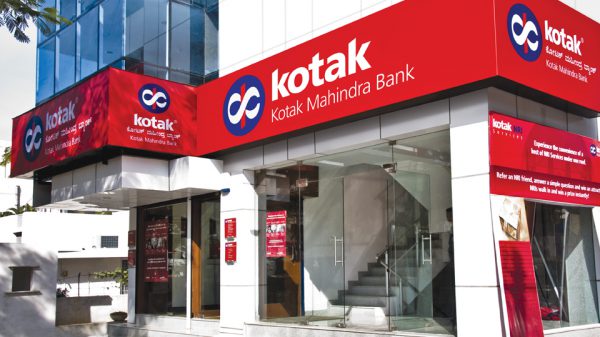In no particular order, here are MediaNama’s top 10 stories of the week ended 9th July 2017 MediaNama would like to thank its sponsors: E2E for their support Fino launches Payments Bank has commenced operations, says RBI Fino, which was among the initial entities to get a Payments Bank license in India, has “commenced operations” on the 30th of June 2017, the Reserve Bank of India said in a statement. The Reserve Bank has issued a licence to the bank under Section 22 (1) of the Banking Regulation Act, 1949 to carry on the business of payments bank in India. Read it here E-commerce marketplaces will have to mention MRP, expiry dates from Jan 1, 2018 The Ministry of Consumer Affairs, Food and Public Distribution has amended the Legal Metrology (Packaged Commodities) Rules, 2011 to make it mandatory for e-commerce companies to mention maximum retail price (MRP), expiry dates and country of origin of products available on the platforms. Read it here Airtel Payments Bank reports deposits of Rs 68.33 crore at end of FY17 Airtel Payments Bank reported deposits of Rs 68.33 crore at the end of the financial year ended 31st March 2017, which was its first year of operation, according to its annual report. Its top 20 depositors account for around Rs 20.45 lakh (around 0.3% of total deposits), which is probably a function the Reserve Bank of India limiting deposits in Payments Banks to Rs 1 lakh. Read it here Byju's acquires Pearson's Tutorvista and Edurite…




























